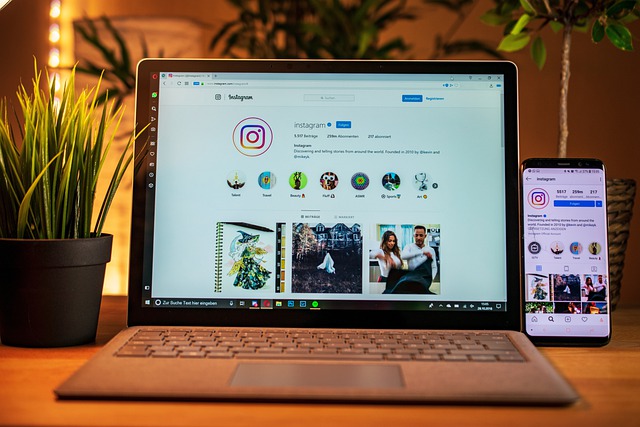Over four billion people were using social media in 2021, and that number only looks set to grow. We use it to keep up with friends and family, to follow the lives of our favourite celebrities, and to promote our businesses and make professional connections. Yes, there are so many ways to use social media, but with this comes some dangers.
Here, we explore three potential dangers of social media and how you can avoid them.
1. Increased anxiety
One of the most common dangers associated with social media is how it can cause worsening mental health in those who are frequently online. While this may be largely associated with younger people, anyone can be impacted by depression and anxiety, which may be worsened by social media.
Our online worlds are only getting bigger, with the ability to view the lives of those we know as well as those who are half a world away. Because most people use social media as a “highlight reel”, it is easy to feel disheartened if you’re not achieving or doing the same incredible things as your peers. This can lead to people feeling lonely, left out and not good enough, which is why responsible social media usage, and curating those you follow online, is extremely important.
2. Overspending
Online shopping is a common way many people purchase food, clothes, and just about anything else you can think of. This can be perfectly safe when you are only buying what you need, but social media can encourage less responsible spending. Not only do companies use social media accounts to flood potential customers with advertising and discounts they may not otherwise see, but the rise of influencers has made this even more insidious.
Seeing a trusted face promoting products can lead users to buy items they may not usually be interested in. Carefully investigating each product you purchase, even if it has been suggested by an influencer you consider trustworthy, is essential so that you do not fall into the overspending trap, and only buy high-quality goods that you truly want and need.
3. Identity theft
You may believe that the possibility of identity theft is on the extreme end of the spectrum, but falling victim to cons on social media is on the rise. It is surprisingly easy for scammers to copy online profiles and imitate a social media user to those they know – they may even try to solicit financial information under an assumed identity, or distribute links which can spread malware.
In other cases, scammers may use your posts to piece together enough information to imitate you while applying for credit cards and more under your identity. Keeping your accounts secure with a variety of passwords, avoiding tagging your location, knowing all your online ‘friends’ and keeping your information private on social media can reduce the odds of this happening to you.
It is impossible to avoid the prevalence of the internet and social media, and many of us do not even want to avoid it. Social media can be extremely beneficial to your life, both personally and professionally – and even socially. However, it is vital to stay vigilant about the dangers of social media in order to enjoy it in a safe and non-damaging way.




